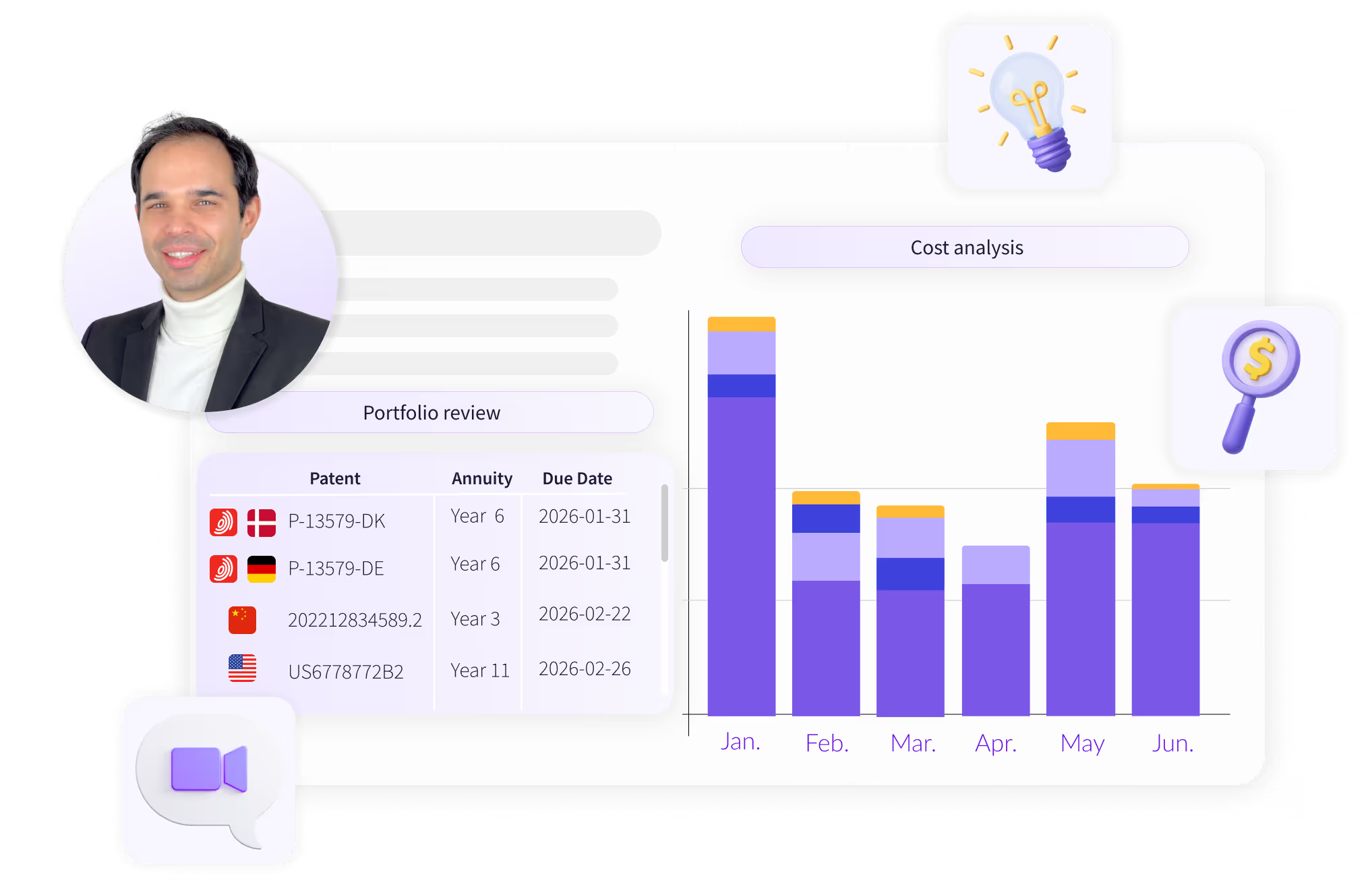TRY OUR NEW (FREE) IP RENEWAL COST CALCULATOR
Calculate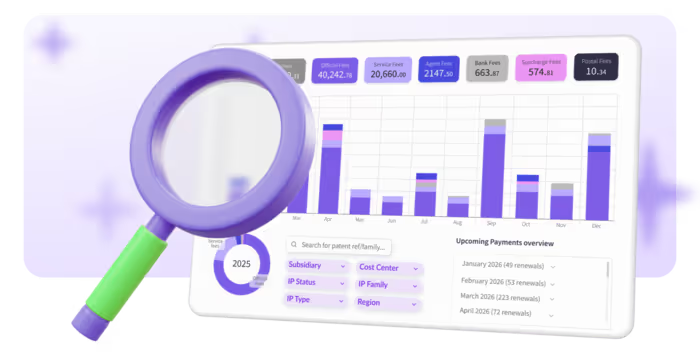
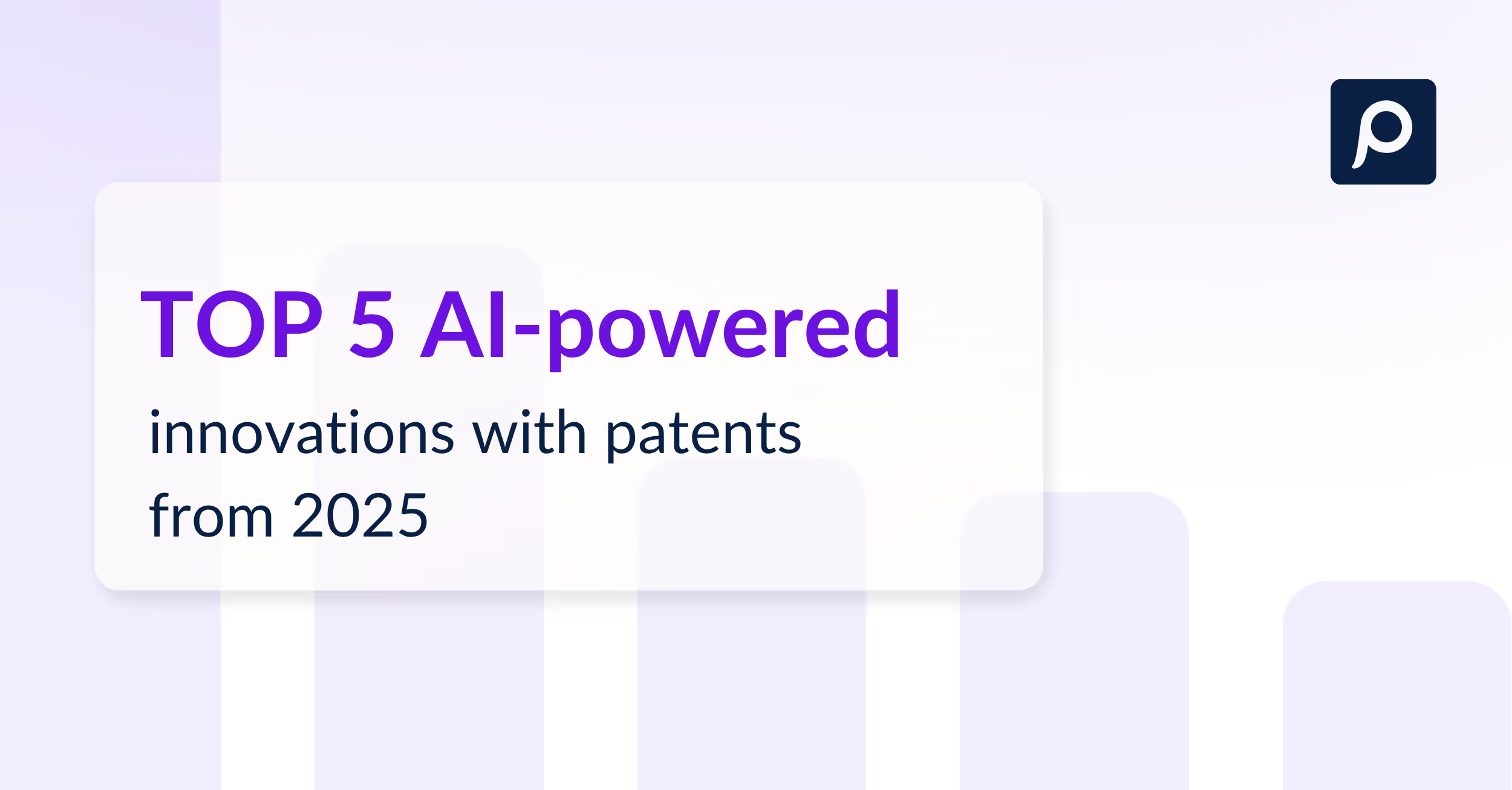
From smarter robots to tools that help developers build software more efficiently, 2025 has already delivered a wave of AI-powered inventions with real-world impact. These top 5 patent filings were picked by our team for their real-world relevance, each tied to a product, platform, or research breakthrough with meaningful impact across complex industries.
Whether you're managing a global patent portfolio or simply keeping an eye on where innovation is heading, these inventions offer a clear picture of AI’s direction across industries.
In May 2025, Baidu filed a patent for an AI system that interprets pet emotions based on vocal, behavioral, and biometric signals (CN119943059A). The tool uses deep learning to translate emotional states into human-readable labels, essentially working as a “semantic bridge” between pets and their owners. While the concept sounds playful, it’s grounded in real animal cognition research and has potential applications in animal welfare and therapy. The tech could also be adapted for use in veterinary diagnostics or smart pet devices.
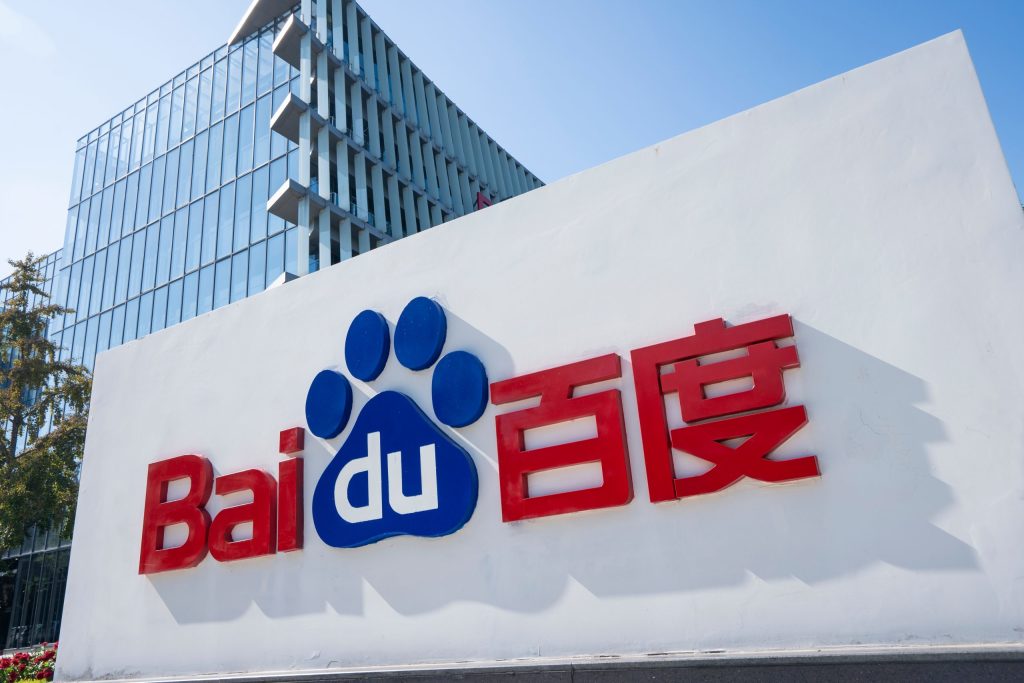

It’s a big step toward more adaptable automation in logistics and manufacturing. This invention is especially relevant for high-mix, low-volume facilities where traditional automation struggles.
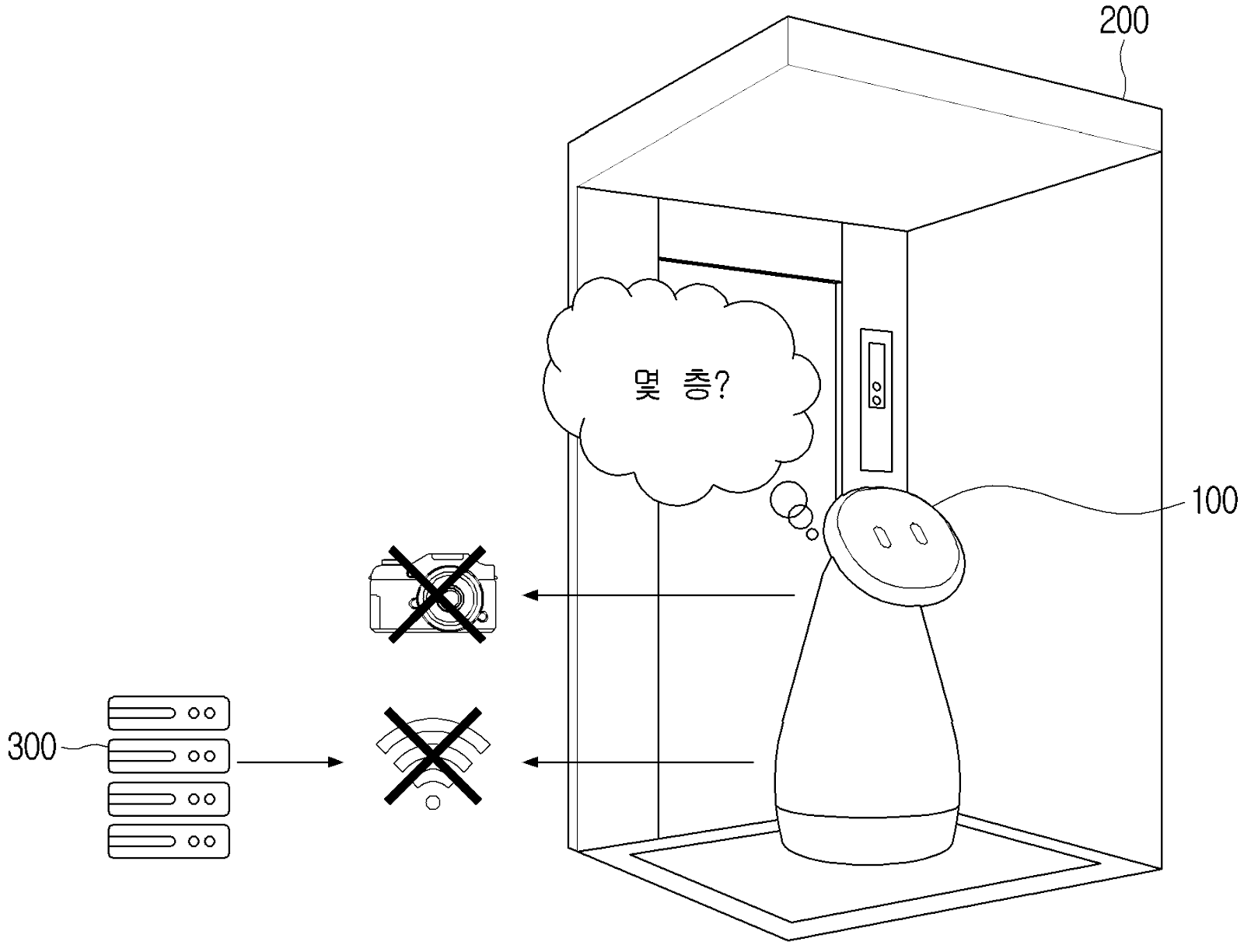
Combined with real-time obstacle avoidance and smart building integration, it minimizes interruption to residents or staff. It could reshape hospitality and facility logistics by offering a reliable, contactless delivery option within multistory buildings.
Schneider Electric filed a patent application for an AI-driven system that enhances process safety by identifying hazards and recommending corrective actions. This solution combines real-time sensor monitoring with machine learning to detect unsafe conditions, such as pressure spikes or equipment overheating, and alerts operators before incidents occur. Beyond simple alerts, it suggests step-by-step interventions based on historical fault data, helping teams act fast. It’s built specifically for industries like oil, chemical, and manufacturing, where safety breaches can be costly or dangerous. This invention brings AI into plant control rooms, offering proactive protection rather than reactive response.
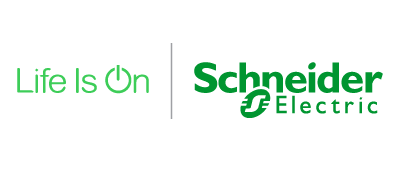
Turbo Energy secured a patent application for a smart energy retrofit system that integrates storage into existing solar installations (iP202430282). This invention uses AI to calculate a “compensation value” that determines exactly how much solar-generated power should be stored, sent to the grid, or consumed locally, bypassing traditional limitations like zero-injection rules. The result is smarter energy usage with less waste and lower reliance on external power sources. Whether for homeowners with older panels or utilities scaling up, this system brings AI-powered efficiency to real-world solar setups.

As of 2025, over 360,000 AI patent applications were documented. This significant number marks a strategic shift toward inventions that are technically robust and market-ready. The inventions we're highlighting today illustrate this trend through:
Managing IP renewals manually across jurisdictions increases risk and cost. PatentRenewal.com’s platform automates IP renewals globally, saving up to 50% annually.
Explore how we can help with your IP renewals and reduce costs while maintaining global protection. Sign up for a free price comparison today.
Interested in a free IP renewal consultation? Benchmark your current IP renewal setup and costs against market standards.
